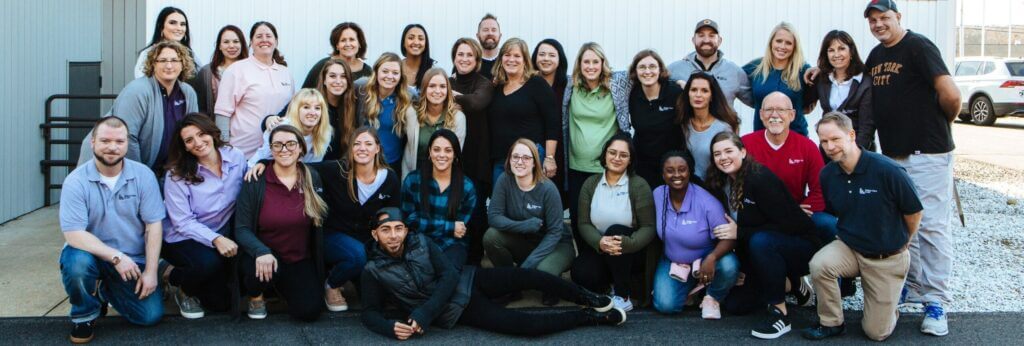Designed to help you meet regulatory and accreditation requirements while delivering real‑world results.
QBS provides training and support; your organization interprets and applies requirements locally.
Prevention‑First. Practical. Clinical. Proven.
Evidence‑based training that helps helps teams reduce crises, decrease restraints & injuries, and protect dignity across classrooms, clinics, community settings, and beyond.
Schedule a Consultation
For more severe behavioral challenges, we offer the Advanced Skills Module. This module provides an expanded toolbox of skills and strategies for those certified in the Safety-Care core curriculum. These include additional physical safety skills, team intervention, strategies for preventing and managing peer aggression, vehicle incidents, object management, transitions, and safe floor holds.
QBS‑hosted trainer classes are BCBA‑led.
Certified Safety-Care Trainers deliver staff classes through traditional in-person or blended learning models.
Additional modules and skill maintenance resources maintain fluency and outcomes.
No BCBA required on site to deliver staff classes—we provide the expertise and clinical oversight.
Including but not limited to:


Designed to help you meet regulatory and accreditation requirements while delivering real‑world results.
QBS provides training and support; your organization interprets and applies requirements locally.
Thousands of organizations use Safety‑Care to satisfy funding and insurer expectations. We’re aligned with how agencies fund behavioral‑safety and risk‑reduction training across markets. Funding approval remains your responsibility, but we’re happy to discuss how others approach it.
Allowability is local — we’re aligned and ready to discuss the approach.

$2,299 for Trainer training
Over 2X the cost of Safety-Care® Trainer training
$799 for recertification
Over 2X the cost of Safety-Care® recertification
3 days
4 days
No membership fee
Annual membership fee
Master Trainers are BCBAs
Trainers are not BCBAs

Organizations evaluating alternatives to CPI (Crisis Prevention Institute) choose Safety‑Care for its prevention‑first and skills‑based approach. Where CPI focuses on theory and restraint, Safety‑Care teaches practical behavioral strategies that work in the real world.
Customers switch to:
Reinforcement‑based supports that reduce the frequency and severity of behavioral crises, grounded in evidence‑based behavioral science.
Scenario‑based, skills‑driven learning staff can apply immediately in their work environment.
Developed by Board Certified Behavior Analysts (BCBAs) using errorless teaching (structured practice that minimizes mistakes while learning) and fluency‑based mastery.
Consistent reductions in restraint, seclusion, and injury across diverse settings. Trusted by thousands of organizations nationwide.
Aggregate results from participating organizations; methodology available on request.
Interested in evidence-based behavioral safety and crisis prevention training? We’d love to learn more about your organization’s goals and how we can support your team with practical, compassionate, and proven strategies.